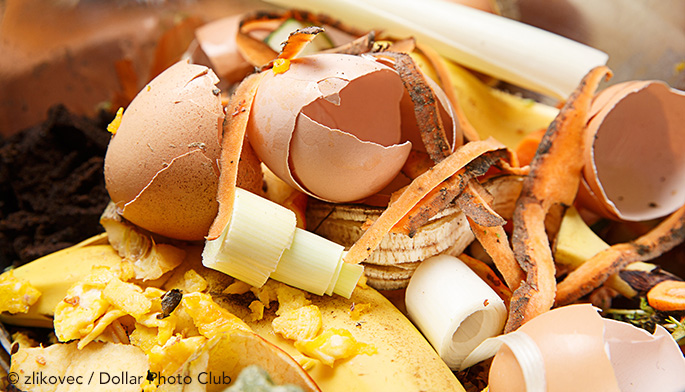
Besides comprising 18% of municipal solid waste destined for landfills, food waste decomposition generates the lethal greenhouse gas, methane which intensifies climate change and global warning 25x more than carbon dioxide.
Significantly contributing to landfill-bound food waste are the university meal programs serving buffet-style meals to students. Concerned about running out of food for hungry college students, campus meal programs err on the side of caution.
Consequently, college campuses toss out 22 million pounds of uneaten food or 142 pounds of food waste per student each year. Of course, this is a big concern for colleges, and they are taking steps to minimize food waste. Initiatives such as composting, tray-less dining and programs like the Food Recovery Network bringing uneaten food to the poor play a small part in solving the problem.
However, some universities are exploring anaerobic digestion of food waste viewing it as a more holistic solution. Indeed, anaerobic digester systems allow a campus to fulfill multiple sustainability goals: recycle food waste, lessen carbon footprint, reduce energy costs, decrease fossil fuel consumption and demonstrate socially responsible behavior to its students.
Whereas more campuses are considering anaerobic digestion, there are universities already using the system. The University of Wisconsin Oshkosh put together the United State’s first commercial anaerobic biogas system in 2011. Each year this 370 kilowatt utility produces 8% of the University’s electricity demands from about 10,000 tons of organic waste.
Across Lake Michigan, Michigan State University’s $5.1 million, 350 KW biodigester system uses 10,000 tons of waste to power ten campus buildings. At the University of California Davis, an $8.6 million biodigester converting 18,000 tons of organic waste satisfies 4% of campus electricity requirements.
When you place anaerobic microorganisms in a large sealed tank with organic waste but no oxygen, the microbes create methane gas as they digest their food. The biodigesters house a natural decomposition process that is technologically pumped up to optimal speed and efficiency. Coupled with a cogeneration system, the methane gas is purified for electricity generation and steam for heating and hot water. Not only that, the remaining solid organic waste becomes fertilizer, soil enhancer or undergoes additional composting. So, does food waste always mean wasted food?











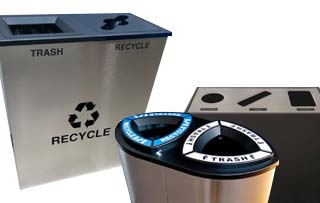









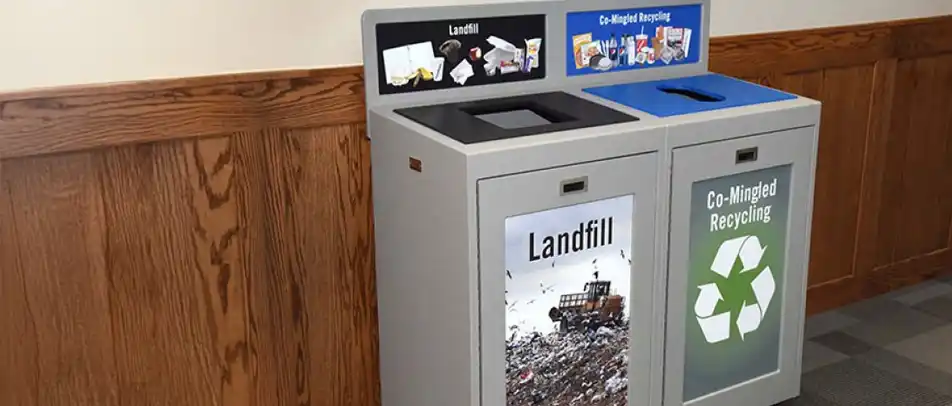










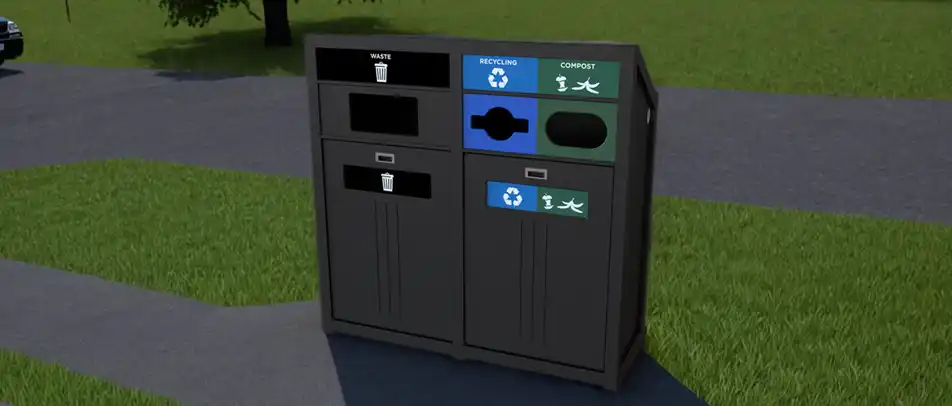












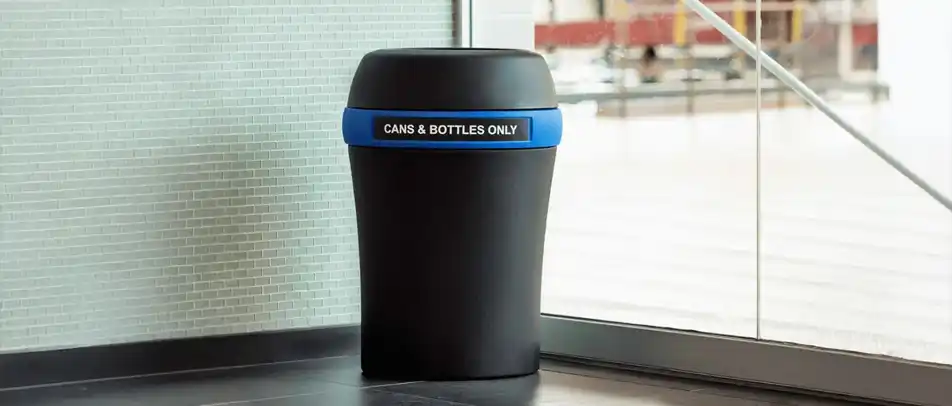










































 Three Ways to Engage Teams and Clients to Maximize Your Recycling Program Engagement
Three Ways to Engage Teams and Clients to Maximize Your Recycling Program Engagement  How to Integrate Accessibility Into Your Sustainability Planning
How to Integrate Accessibility Into Your Sustainability Planning  Why Park Benches Can Promote Workplace Well-Being
Why Park Benches Can Promote Workplace Well-Being 
